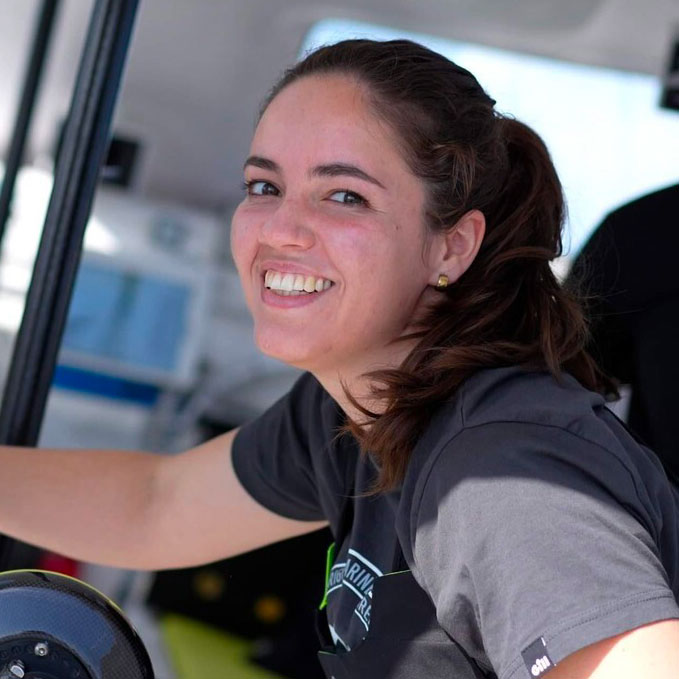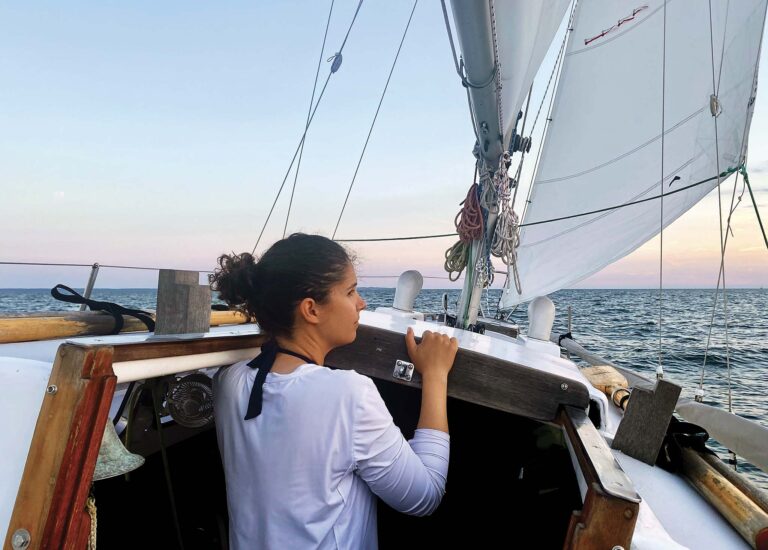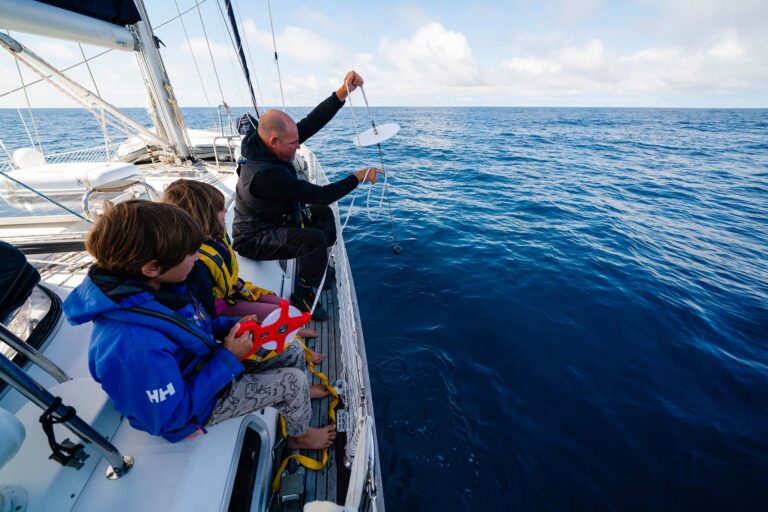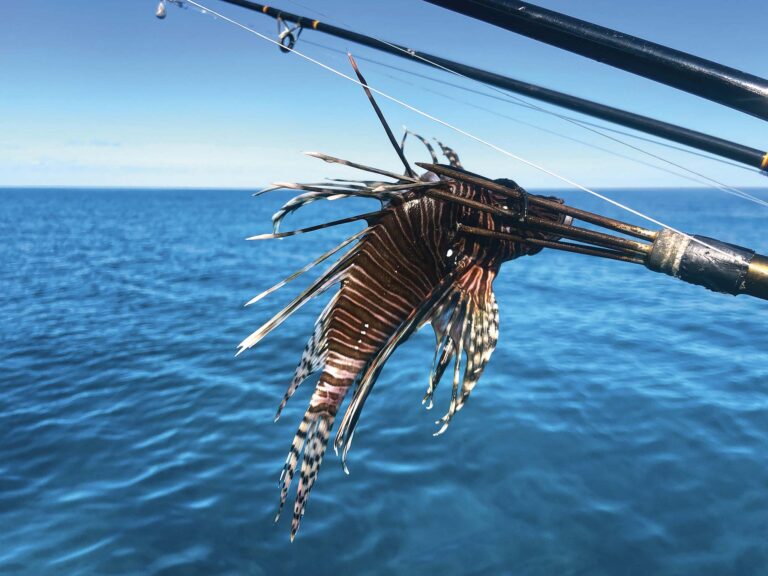
William Tillman was a Civil War hero from Milford, Delaware. Records are unclear, but he was born approximately 1834 to free Black parents. Free Black families weren’t the norm for Delaware at the time and as a teenager, he and his family moved to Rhode Island. Soon after, Tillman began working as a sailor.
At 27, he was employed as the steward on the S.J. Waring, a 300-ton schooner owned by Jonas Smith & Co. They shipped from New York on the fourth of July with the intended destination of Buenos Aires. Three days into the voyage, however, the Waring was seized by privateers with a letter of marque from the Confederate president Jefferson Davis. In those days, if a nation didn’t have a navy of their own, they would often hire privately owned ships to attack their enemies. While these ships were contracted by the Confederacy, President Lincoln did not recognize them as legitimate dissenters.
The privateers took five of the Waring’s crew including the captain and mates aboard their own ship, the Jeff Davis, and left a small prize crew on the Waring to tend to the remaining prisoners and steer their prize south.
Both the privateers and Tillman feigned civility at first, but secretly the privateers were planning to traffic Tillman into slavery once they reached Charleston, South Carolina. Tillman and a trusted crewmate, a German man named William Stedding, were devised a plan to recapture the ship. Upon overhearing that he’d be enslaved when they reached South Carolina, he told Stedding “I am not going to Charleston a live man; they may take me there dead.”

After nine days held captive and running out of time before they arrived at their destination, Tillman and Stedding enacted their plan. They killed three of the privateers and threw them overboard but spared the rest. “It was a feeling of sorrow that I had been compelled to sacrifice human life,” Tillman remembered afterward. “Everything being as still as midnight on the sea could possibly make it, I felt a shuddering sensation, but as soon as I felt the cause which impelled me on to the deed, I felt relieved.” In just eight minutes, they’d successfully recaptured the ship. Tillman took over the captaincy of the Waring and returned to New York.
Tillman and Stedding were received as heroes by police and the media alike, and criminal charges weren’t pressed for the deaths. The New York Tribune said that the Union was indebted to Tillman for the “first vindication of its honour on the sea” and social reform leaders like Frederick Douglass and Booker T. Washington wrote about him as a hero. Three months after their return to New York, there was a salvage trial despite Jonas Smith & Co.’s objection, and Tillman received the equivalent of just under a quarter of a million dollars today.
***
At the beginning of the 19th Century, 20 percent of American sailors were Black. In fact, going to sea was one of the most equitable professions for Black Americans during the United States’ first centuries. During Black History Month, we’re celebrating the history and legacy of Black sailors in America by featuring a notable figure in our e-newsletter every Friday of the month.
To check out other installments in this series, click here for whaling captain Absalom Boston click here for American Revolution-era entrepreneur, sailor and abolitionist Paul Cuffe or click here for the entrepreneur and abolitionist James Forten.










